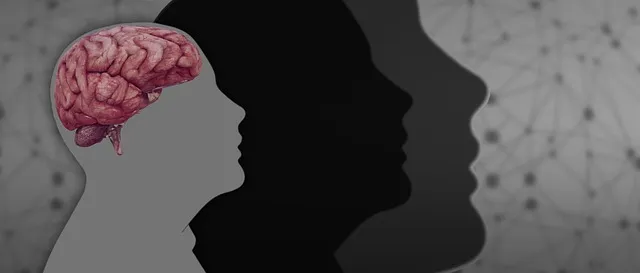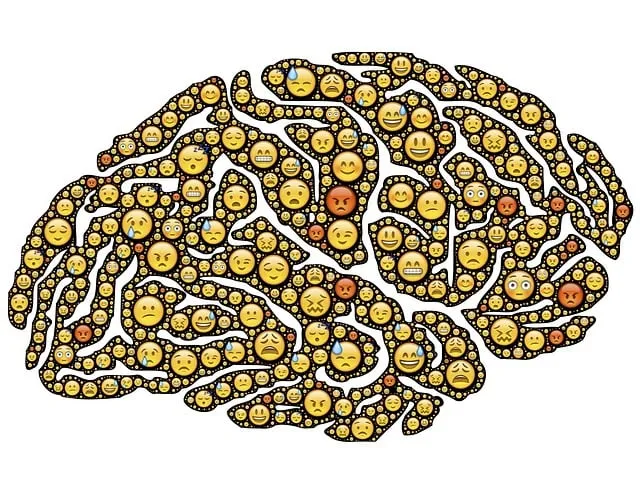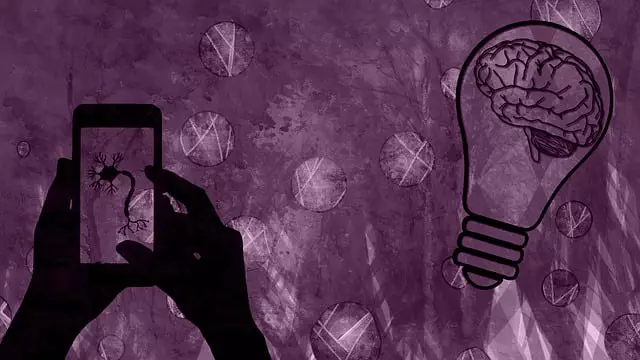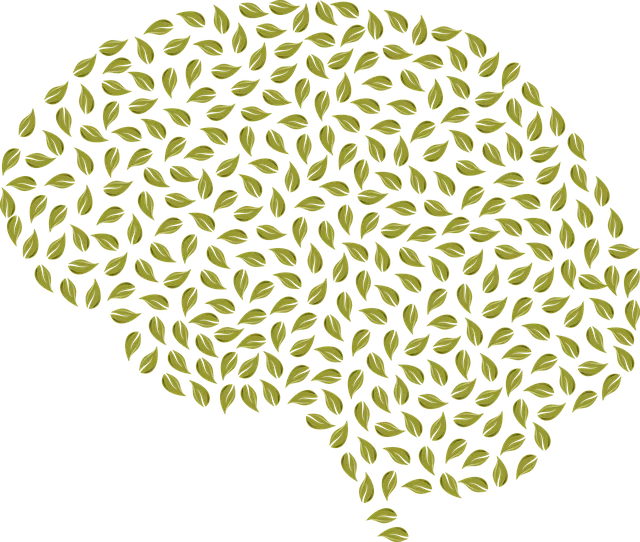The Crisis Intervention Teams (CITs) at the Kaiser Permanente mental health facility in Wheat Ridge are essential for swift, empathetic crisis management. Trained staff utilize evidence-based de-escalation techniques and prioritize patient well-being through specialized training in compassion, self-care, and coping skills. This comprehensive approach benefits both patients and caregivers, leveraging the facility's dedicated space for interactive sessions like Stress Management Workshops. Effective CIT training programs, such as those at Kaiser Permanente Wheat Ridge, enhance emotional regulation, risk assessment, and cultural sensitivity, contributing to improved patient outcomes, community safety, and mental health awareness.
“In today’s complex healthcare landscape, Crisis Intervention Teams (CITS) play a pivotal role in addressing mental health crises. This article explores the critical function of these teams, focusing on their impact within a specialized setting like Kaiser Permanente Wheat Ridge, a renowned mental health facility. We delve into the essential components of effective CIT training programs, highlighting how they enhance patient outcomes and community safety. By examining real-world examples, we underscore the transformative power of well-trained crisis intervention specialists.”
- Understanding Crisis Intervention Teams: A Vital Role in Mental Health Care
- Kaiser Permanente Wheat Ridge: An Ideal Setting for Training and Implementation
- Key Components of Effective Crisis Intervention Team Training Programs
- Benefits and Impact: Enhancing Patient Outcomes and Community Safety
Understanding Crisis Intervention Teams: A Vital Role in Mental Health Care

Crisis Intervention Teams (CITs) play a vital role in mental health care, particularly at facilities like Kaiser Permanente Wheat Ridge. These specialized teams are designed to respond swiftly and effectively during crises, providing immediate support to individuals experiencing severe emotional distress or suicidal ideation. The primary goal is to de-escalate situations, ensure safety, and offer evidence-based interventions.
At the Kaiser Permanente mental health facility in Wheat Ridge, CIT members undergo comprehensive training that includes Compassion Cultivation Practices, Self-Care Practices, and Coping Skills Development. These strategies enable team members to foster empathy, maintain resilience, and prevent burnout while delivering high-quality care. By empowering staff with the necessary tools, the program enhances the overall well-being of both patients and caregivers.
Kaiser Permanente Wheat Ridge: An Ideal Setting for Training and Implementation
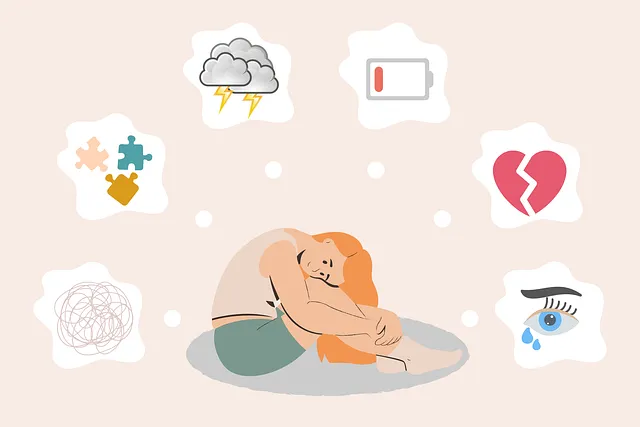
Kaiser Permanente Wheat Ridge serves as an ideal setting for crisis intervention team (CIT) training and implementation due to its robust mental health facility. This specialized environment allows for a comprehensive understanding of the unique challenges faced by individuals in crisis, enabling trainees to apply Mind Over Matter Principles effectively. The facility’s dedicated space facilitates interactive sessions, including Stress Management Workshops Organization, where communication strategies are honed under expert guidance. By leveraging this setting, CIT training becomes immersive and practical, ensuring that intervention teams are well-prepared to handle diverse crisis scenarios with empathy and professionalism.
Key Components of Effective Crisis Intervention Team Training Programs

Effective crisis intervention team (CIT) training programs are designed to equip mental health professionals with the skills and knowledge needed to handle critical situations effectively. One prominent example is the program offered by Kaiser Permanente at its Wheat Ridge mental health facility. These programs typically include several key components that ensure comprehensive preparation.
The first component focuses on emotional regulation, teaching participants how to manage their own emotions during high-stress scenarios, which is crucial for maintaining clarity and composure. Additionally, risk assessment techniques are integral to these training programs, empowering professionals to accurately gauge potential dangers and make informed decisions. Cultural sensitivity in mental healthcare practice is another vital aspect, ensuring that CIT members can respond appropriately to diverse cultural backgrounds and needs, fostering inclusive care.
Benefits and Impact: Enhancing Patient Outcomes and Community Safety

Crisis intervention team training programs play a pivotal role in enhancing patient outcomes and community safety. By equipping individuals with the skills to recognize and respond effectively during mental health crises, these initiatives ensure that those in need receive timely and appropriate support. At Kaiser Permanente’s mental health facility in Wheat Ridge, for instance, such training has been instrumental in fostering a culture of care and resilience.
The impact extends beyond immediate interventions; comprehensive crisis intervention team training cultivates Mental Health Awareness, promotes effective Trauma Support Services, and facilitates the design of Mental Health Education Programs. This holistic approach not only empowers individuals to make informed decisions but also contributes to the broader goal of creating safer communities where mental health issues are addressed with empathy and proficiency.
Crisis intervention team (CIT) training programs play a pivotal role in enhancing patient outcomes and community safety, especially within Kaiser Permanente’s mental health facilities like Wheat Ridge. By equipping staff with the necessary skills to manage crises effectively, these programs foster an environment that supports vulnerable individuals during their most vulnerable moments. The key lies in comprehensive training that includes evidence-based techniques, real-world scenarios, and continuous evaluation. With a well-trained CIT, Kaiser Permanente Wheat Ridge can continue to excel in providing compassionate and competent care, ensuring the best possible outcomes for patients facing mental health crises.
